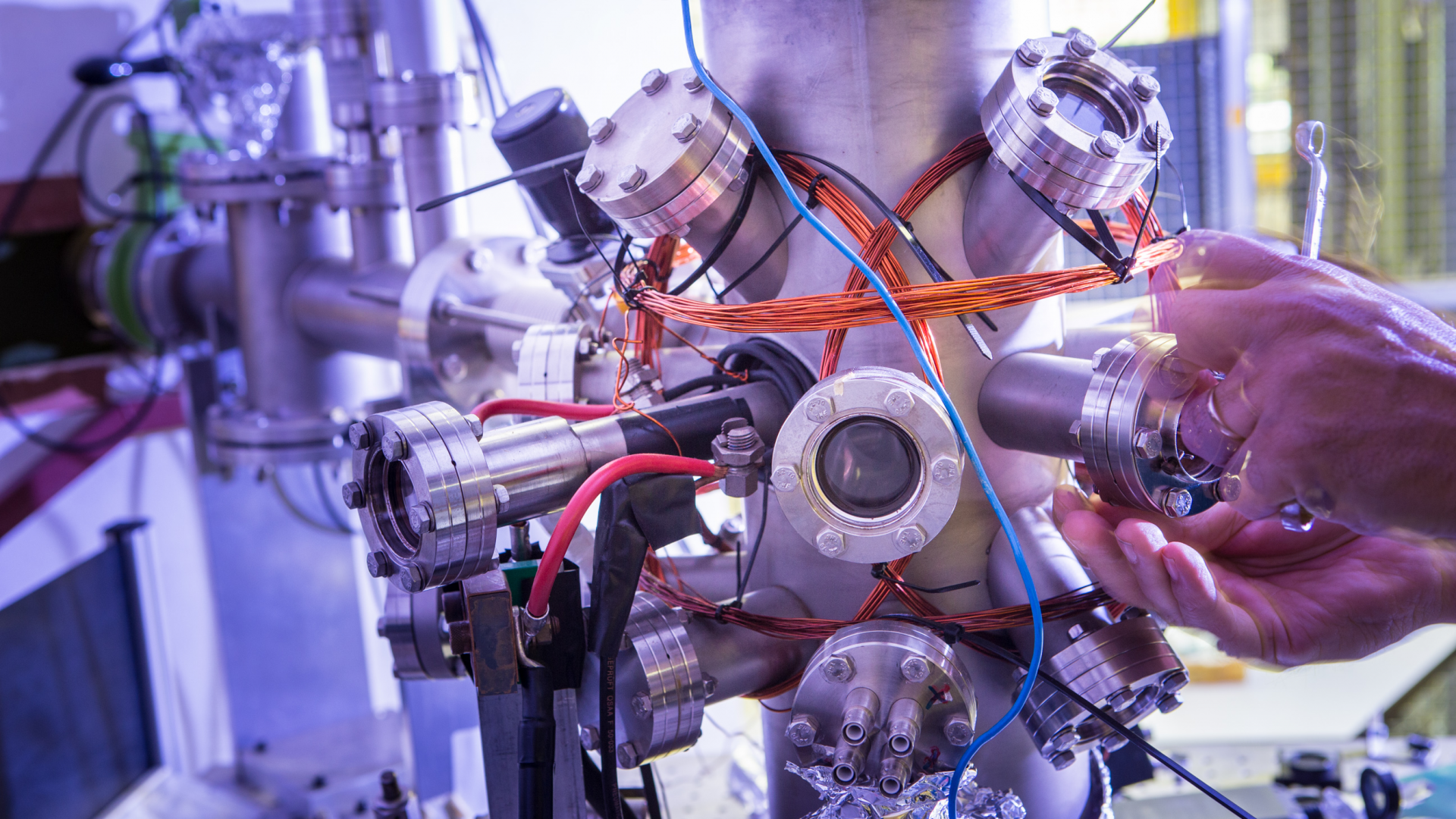Xenon Ion Implantation Induced Surface Compressive Stress for Preventing Dendrite Penetration in Solid‐State Electrolytes
Solid-state electrolytes (SSEs) have been thrust into the limelight for the revival of energy-dense lithium metal batteries, but still face the challenge of failure caused by the dendrite penetration. Mounting evidence indicates that dendrite penetration is related to the mechanical failure in SSEs, which calls for mechanical engineering to tackle this problem. This work reports a proof of concept that ion implantation induced surface compressive stress enables resistance in the dendrite penetration. A deterministic sequential multiple ion energies implantation is used to generate compressive stress, with implanted Xe ions distributed in a range of 160-600 angstrom from the surface. The symmetric lithium cells show that pellets with an implantation dose of 10(13) Xe cm(-2) exhibit stable stripping/plating cycles and extended lifespan, while a lower dose of 10(12) Xe cm(-2) cannot create sufficient stress to prevent dendrite penetration, and an excessive dose of 10(14) Xe cm(-2) leads to structural destruction and a decrease in stress. This improved performance is attributed to the induced surface compressive stress balanced over crystal grains, which is confirmed by grazing incidence diffraction techniques. The author’s efforts demonstrate the usefulness of surface compressive stress to suppress dendrite penetration, offering more insight into rational stress-strain engineering as opposed to empirical optimization.








